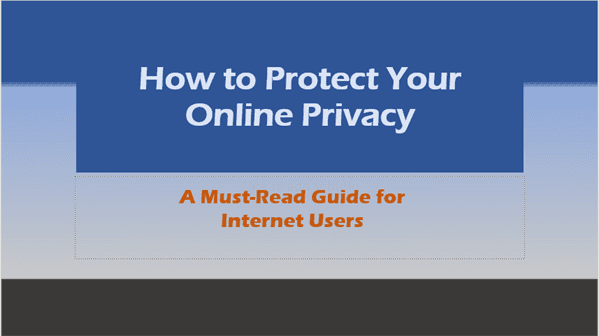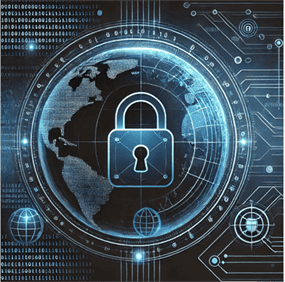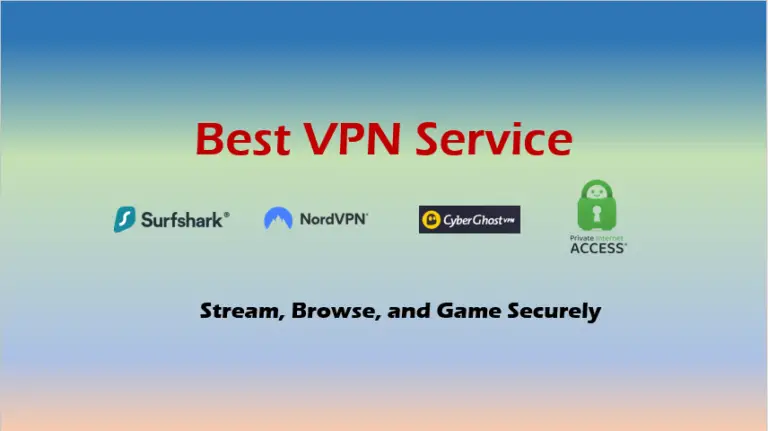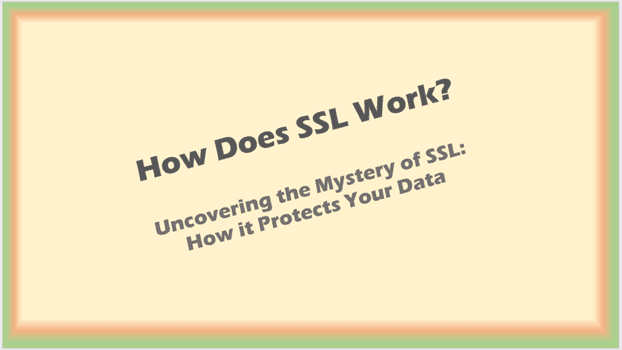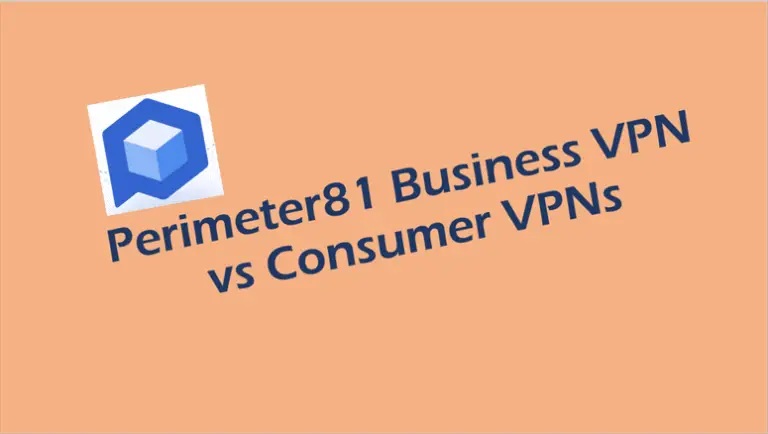How to Protect Your Online Privacy: A Must-Read Guide for Internet Users
How to Protect Your Online Privacy. In the vast expanse of the digital world, the concept of online privacy has become more important than ever.
As Internet users, we share a plethora of personal information online, often without realizing the potential risks.
From social media to online banking, our digital footprints can leave us vulnerable to various threats such as identity theft, data breaches, and unwarranted surveillance.
This blog post aims to provide a comprehensive guide on how to protect your online privacy, offering essential steps and advanced strategies to help you navigate the digital world safely and securely.
How to Protect Your Online Privacy Blog Post Summary:
This blog post provides a detailed guide on how to protect your online privacy. It begins with an introduction to online privacy and the various threats that can compromise it, such as hackers, data breaches, and surveillance.
The post then outlines basic steps for protecting online privacy, including the use of strong passwords, two-factor authentication, and privacy settings. It further goes into advanced strategies such as using VPNs, privacy-focused apps and extensions, anonymity tools, and zero-knowledge services.
The post also offers tips for maintaining privacy on social media and answers frequently asked questions about online privacy. The guide concludes by emphasizing the importance of ongoing commitment to online privacy and encourages readers to stay informed and proactive in safeguarding their online identity.
Introduction – How to Protect Your Online Privacy
Basics of Online Privacy
Introduction to Online Privacy
In the digital world we live in, online privacy is a term you’ve likely heard, but what does it really mean? Simply put, online privacy refers to the right to determine what information about you is available on the internet, and who has access to it.
It’s about maintaining control over your digital footprint.
In today’s digital age, protecting your online privacy is more important than ever. With the rise of social media, online shopping, and digital banking, we’re sharing more personal information online than ever before.
This makes us vulnerable to a range of threats, from identity theft to cyberstalking.
The Threats to Your Online Privacy
When it comes to your online privacy, there are numerous threats you need to be aware of.
These include hackers who may try to steal your personal information, data breaches where your information may be exposed on a large scale, identity theft where someone may try to impersonate you online, and surveillance from companies or governments tracking your online activities.
For instance, the infamous Facebook-Cambridge Analytica data scandal is a real-life example of a privacy breach where personal data of millions of people’s Facebook profiles were harvested without consent for political advertising.
These threats underscore the importance of taking steps to protect your online privacy and security.
Basic Steps to Protect Your Online Privacy
So, how can you protect your online privacy? Here are some basic steps you can take:
- Strong, Unique Passwords: One of the simplest ways to protect your online privacy is to use strong, unique passwords for each of your online accounts. This reduces the risk of your accounts being hacked.
- Two-Factor Authentication: Enable two-factor authentication wherever possible. This adds an extra layer of security by requiring a second form of identification beyond just your password.
- Privacy Settings: Be proactive in managing your privacy settings on online accounts. This includes social media, email, and any other online platforms you use. Make sure you’re only sharing information that you’re comfortable with being public.
- Share Less Online: It might seem obvious, but one of the best ways to protect your online privacy is to simply share less. Be mindful of what you’re posting on social media, what information you’re giving out in online forms, and who you’re sharing your information with.
By taking these steps, you can significantly reduce the risk of your personal information falling into the wrong hands. Remember, protecting your online privacy is an ongoing process, not a one-time task.
Stay informed about the latest threats and safety measures to keep your online identity secure. For more detailed information, you can check out EFF’s resources on online privacy.
Advanced Strategies for Protecting Online Privacy
Using VPNs for Online Privacy
A Virtual Private Network (VPN) is a powerful tool in your online privacy toolkit. A VPN encrypts your internet connection, making it much harder for others to intercept and view your online activities.
It can mask your IP address, making it appear as though you’re browsing from a different location. This can help protect your online privacy by making it more difficult for advertisers, ISPs, or even hackers to track your online activities.
The Role of Browser Extensions and Mobile Apps
Browser extensions and mobile apps can be a double-edged sword when it comes to online privacy. On one hand, there are many privacy-focused apps and extensions that can help protect your privacy online.
On the other hand, unused or malicious apps and extensions can pose a significant risk to your online privacy. It’s important to regularly purge unused apps and extensions, and to be careful about which ones you install in the first place.
Look for apps and extensions that have a strong reputation for privacy and security, and always read the privacy policy before installing.
The Importance of Anonymity Tools
Anonymity tools like Tor and Signal can play a crucial role in protecting your online privacy. Tor, or The Onion Router, is a free software that allows you to browse the internet anonymously.
Signal, on the other hand, is a private messaging app that offers end-to-end encryption to keep your conversations secure. Using these tools can significantly enhance your online privacy, making it much harder for anyone to track your online activities or intercept your communications.
Using Zero-Knowledge Services
Zero-knowledge services are another powerful tool for protecting your online privacy. These are services that don’t even know your data because they only store encrypted data and don’t have the keys to decrypt it.
Examples of such services include certain password managers and cloud storage providers. By using zero-knowledge services, you can ensure that even if the service provider is hacked, your data remains secure because it’s encrypted and only you have the key.
Remember, protecting your online privacy is not a one-time task but an ongoing commitment. Stay informed and proactive in using these advanced strategies to safeguard your online identity.
Maintaining Online Privacy and Conclusion
Maintaining Privacy on social media
Social media is a part of our daily lives, but it’s also a common place where our privacy can be compromised. The risks associated with oversharing on social media can range from identity theft to cyberstalking.
It’s crucial to be mindful of what you’re sharing and with whom. Here are some tips for maintaining privacy on various social media platforms:
- Limit the amount of personal information in your profile.
- Be selective about who you accept as friends or followers.
- Regularly review and update your privacy settings.
- Think twice before posting sensitive information.
Remember, how to protect your privacy on social media is an essential part of maintaining your overall online privacy.
FAQs on Protecting Online Privacy
What are 3 ways to protect your privacy online?
1. Use strong, unique passwords.
2. Enable two-factor authentication.
3, Regularly review and update your privacy settings.
How can we protect customer privacy online?
Businesses can protect customer privacy online by using secure and encrypted connections, being transparent about data collection practices, and providing customers with options to control their own data.
How can I protect myself from strangers online?
Be cautious about sharing personal information, use privacy settings to control who can see your content, and be wary of unsolicited contact from strangers.
What information should stay private online?
Personal information such as your full name, address, phone number, and financial information should always stay private online.
Why is it important to keep personal information private online?
Keeping personal information private online is crucial to prevent identity theft, fraud, and other forms of cybercrime.
How can I protect my privacy on social media?
Limit the amount of personal information in your profile, be selective about who you accept as friends or followers, regularly review and update your privacy settings, and think twice before posting sensitive information.
Conclusion – How to Protect Your Online Privacy
In conclusion, online privacy is a critical aspect of our digital lives that requires our constant attention and effort.
From understanding the threats to our online privacy, taking basic steps like using strong passwords and two-factor authentication, to employing advanced strategies like using VPNs and zero-knowledge services, every action counts.
Remember, protecting your online privacy is not just about keeping your personal information safe, but also about preserving your freedom and rights in the digital world.
So, stay informed, be proactive, and take control of your online privacy today.
Related Posts to How to Protect Your Online Privacy:
- Cybersecurity and Online Privacy
- Best VPN Service: Stream, Surf, and Stay Secure
- CyberGhost VPN Review
- What is a VPN and how does it work – (and why it’s worth it)
More Information:
